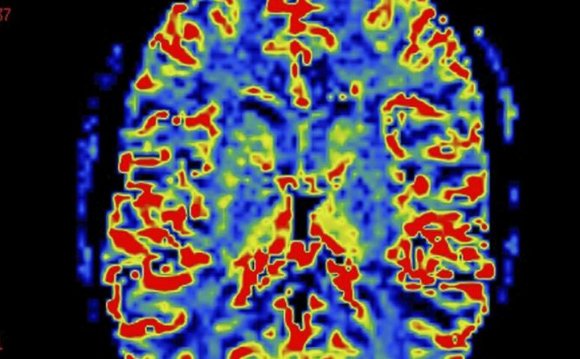
 The USDA Dietary Guidelines recommend that women get about half of their calories from carbs.
The USDA Dietary Guidelines recommend that women get about half of their calories from carbs.
Carbohydrates account for the majority of the calories consumed in the standard American diet. The main role of carbohydrates is to provide energy to your body, such as your brain, red blood cells and muscles. The daily carbohydrate requirements for women can vary depending on their age, physical activity levels, health status and weight. Dietary guidelines are a good place to start to determine your personal optimal carbohydrate intake, but you should individualize your diet to suit your personal goals and lifestyle.
Dietary Guidelines for Americans
Even though 130 grams of carbohydrates is the minimal amount of carbohydrates recommended daily for women, the USDA recommends that your consume more than this minimal requirement. The "Dietary Guidelines for Americans 2010" suggests that adults, both male and female, get 45 to 65 percent of their calories from carbohydrates. Considering a typical calorie intake of 2, 000 to 2, 200 calories a day for a moderately active woman, this recommendation corresponds to 225 to 358 grams of carbohydrates a day.
Types of Carbohydrates
The type of carbohydrate you choose to include in your diet can make a difference in your health. A large portion of the carbohydrates currently consumed by women come from sugar and refined carbs, which are practically devoid of nutrients. In addition, candies, desserts, white bread, white rice and refined breakfast cereals can quickly elevate your blood sugar levels, which can put you at risk of developing Type 2 diabetes. Choose high-fiber nutritious carbohydrates that are minimally processed to meet your daily carb requirements. Fruits, steel-cut oats, quinoa, sweet potatoes, plain yogurt and vegetables provide carbohydrates that are less disruptive for your blood sugar levels, in addition to giving you fiber, vitamins and antioxidants.
Carbohydrate-Restricted Diet
The daily carbohydrate requirements recommended by the USDA can be defined as a high-carb diet. Nutrition researchers Stephen D. Phinney and Jeff S. Volek, authors of "The Art and Science of Low-Carbohydrate Living, " explain that many people, especially overweight and diabetic women as well as those with polycystic ovarian syndrome, benefit from reducing their carbohydrate intake below daily recommendations. Phinney and Volek routinely recommend carbohydrate intakes below 100 grams a day, sometimes fewer than 50 grams a day. Low-carb diets can help stabilize blood sugar levels and facilitate weight loss, according to the researchers.
Discrepancies
It can be confusing to determine the optimal amount of carbohydrates you should include in your diet as a woman with the conflicting information available. The discrepancies between the USDA guidelines and what some low-carb researchers recommend are huge. Even though the USDA recommends a minimum intake of 130 grams of carbohydrates a day, Phinney and Volek claim that a low-carb higher-fat diet reduces your need for energy in the form of carbohydrates by promoting the formation of ketones, a byproduct of fat oxidation. If you need more guidance to determine the right amount of carbohydrates to include in your diet, consult a registered dietitian or nutrition expert.
INTERESTING VIDEO












